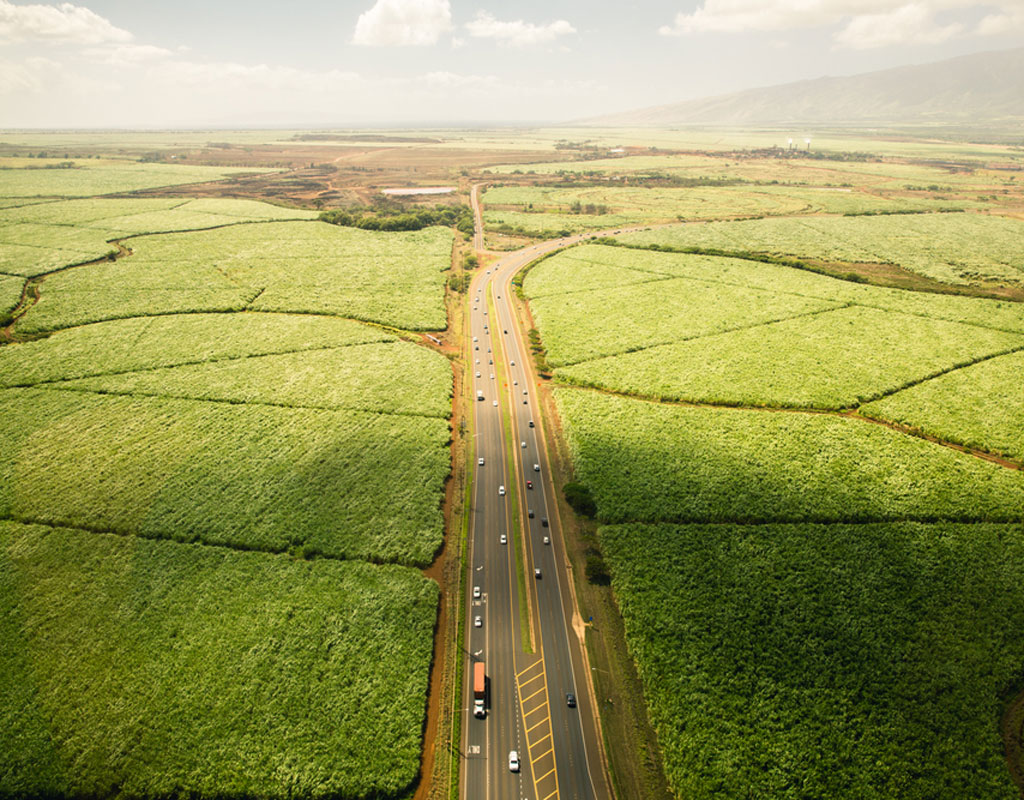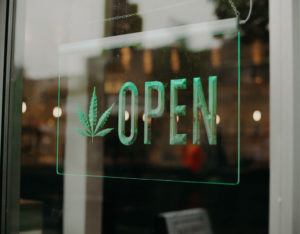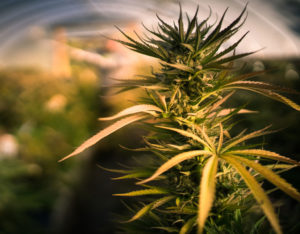Farmers across the nation are jumping into the hemp business. According to Farm Journal’s AgPro, legal hemp farms in the U.S. have quadrupled during 2019, compared to 2018 numbers.
Still, confusion over the legalities of hemp versus cannabis cultivation reigns.
In Hawaii, more than half of local hemp growers’ crops have been destroyed over the past year, according to an AP report, due to unlawful amounts of THC. All of the growers are participants in Hawaii’s first industrial hemp pilot program.
Hemp and cannabis issues are inextricably linked, given that both products are derived from the same cannabis sativa plant. The U.S. Food and Drug Administration has defined “hemp” as the product of the cannabis sativa plant, containing less than .3 percent THC. Higher derivations of THC legally define the plant as “cannabis.” This definition has proved problematic for hemp producers across the country.
The cultivation of legal hemp is particularly challenging in Hawaii. Shelley Choy, Hawaii’s hemp program coordinator, explained to AP, “It’s honestly expected and fairly routine in the sense that it is really hard to grow a plant that is 0.3 percent or below, and it is also really difficult in Hawaii because we have a really unique climate and photoperiod [hours of sunlight] as compared to other states.”
Recreational use of cannabis is not legal in Hawaii, though the legislature recently voted to decriminalize the possession of small amounts of cannabis (the possession of 3 grams or less of cannabis will be punished with a fine of $130 beginning Jan. 11, 2020). Current law in Hawaii makes the possession of recreational cannabis punishable with a fine of up to $1,000 and potential jail time.
The islands’ reticence to legalize recreational cannabis is noteworthy in light of the state’s cannabis culture—no fewer than 40 cannabis strains are named in honor of the Hawaiian Islands. According to the U.S. Department of Justice, some of the most potent cannabis (in terms of THC concentration), is grown outdoors in Hawaii.
Hawaiian legislators have shown definite interest in legalizing recreational cannabis, but have thus far failed to make the move to recreational cannabis.




